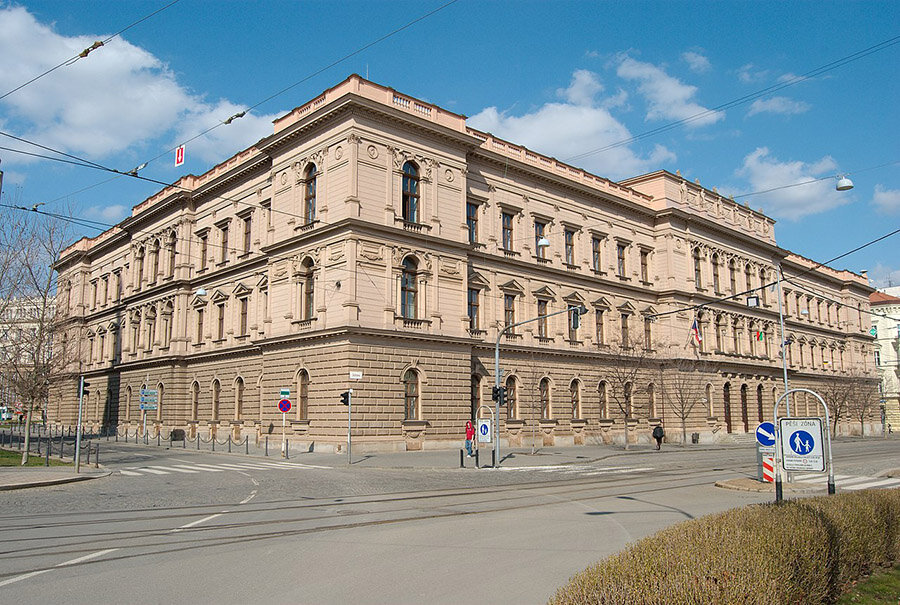read also
Russians in Czechia: Ban on Citizenship Challenged in Court

The Constitutional Court of the Czech Republic has received a petition to review a law that prohibits Russian citizens from obtaining Czech citizenship without documented proof of renouncing Russian nationality, according to CeskeNoviny.
The appeal was signed by 17 senators who question whether certain provisions of Lex Ukrajina VII comply with the Czech Constitution.
Senators argue that the requirement is discriminatory, as it applies to all Russian citizens regardless of personal circumstances, political views, or individual positions. The petition highlights that those who fled Russia due to repression or refusal to participate in military actions in Ukraine will be disproportionately affected. These individuals, who align with Czech democratic values, will be excluded from citizenship procedures because they cannot provide the required document—Russia typically denies such certificates to dissidents.
Senators emphasize that the legal norm is disproportionate and ineffective, noting that Czechia already has mechanisms to deny citizenship on security grounds. Moreover, if security reasons are classified, applicants would neither know the grounds for denial nor be able to appeal. Thus, the state already has means for individual risk assessment without imposing a blanket ban based on nationality.
Earlier, Russians living in Czechia published an open letter addressed to President Petr Pavel on behalf of 40,000 Russian nationals residing in the country, urging him to reconsider the discriminatory consequences of Lex Ukrajina VII. The letter noted that formally renouncing Russian citizenship is extremely difficult.
Additionally, under the new law, even if proof of renunciation is obtained, the process of acquiring Czech citizenship is postponed until the end of military actions in Ukraine. All applications from Russian nationals aged 15 and older, including those already submitted, have been suspended indefinitely.
Previously, Russian nationals in Czechia faced numerous restrictions not only affecting naturalization but also daily life. It remains challenging for Russians to open bank accounts, secure mortgages, or purchase property. Authorities claim that permanent residents hold rights comparable to citizens, but in practice, the situation is far from equal.
Many Russians in Czechia increasingly feel trapped in a legal limbo. They cannot return to Russia to process renunciation, cannot obtain a Czech passport, and their status as “almost citizens” loses perspective. For those planning long-term integration, recent Czech policy signals that their participation in society is unwelcome.
The Czech Ombudsman also sent a formal letter to the Minister of the Interior criticizing the law, arguing that it raises serious concerns under anti-discrimination legislation. Despite multiple appeals, President Petr Pavel signed the law source.
The new rules not only ban Russian nationals from acquiring citizenship but also affect temporary protection extensions, asylum procedures, and deportation policies for Russians and Belarusians listed under sanctions. It also introduces criminal liability for acting in the interest of a foreign state—punishable by up to five years, or up to fifteen years during martial law.
Lex Ukrajina VII represents one of the Czech Republic’s strictest legal measures targeting Russian citizens since February 2022. Combined with other restrictions, it deepens both the legal and social isolation of Russians, even for those who left Russia long ago and have no practical ties to their country of origin.








